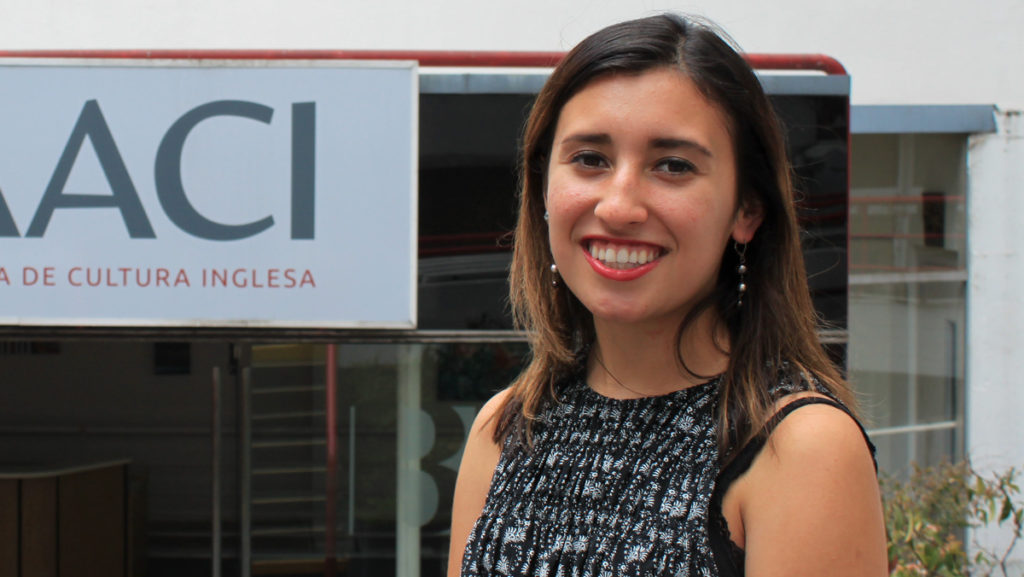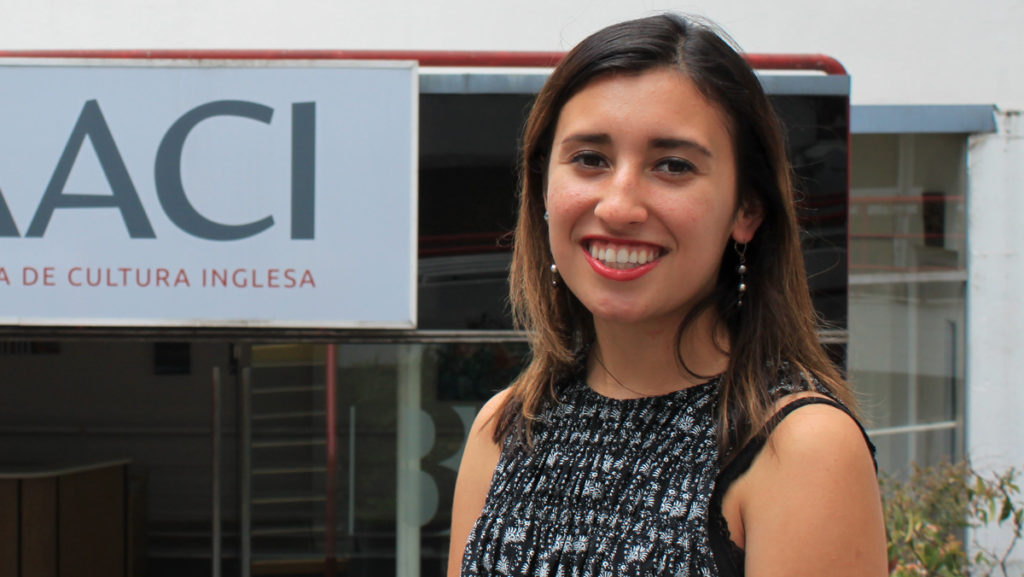There’s something powerful about visiting a place you’ve only read about. There’s something even more powerful about realizing that place doesn’t exist. That it is an illusion. For me, this place is Višegrad in Bosnia and Herzegovina, home to the Bridge on the Drina and some of the worst crimes during the Bosnian War.
If you have ever asked me why I decided to study abroad in the Balkans, there is one answer that remains relatively constant. I fell in love with the Yugoslav author Ivo Andrić and his tale of “The Bridge on the Drina” during my Global Political Thought class sophomore year.
The novel recounts the construction of a bridge in the 1500s and through World War II. It chronicles the occupation of empires. All the while, a bridge stood watch over the town as a silent testament to time. Little did Andrić know what the bridge would oversee in the next century of its life.
I knew I needed to visit the place that first introduced me to the Balkans. But from the moment I stepped off the bus, I was left with a constant nagging feeling I could not explain.
I knew the town had been plagued by a history of struggle, including the ethnic cleansing of Bosnian Muslim “Bosniaks” during the wars of the 1990s, but the term “ethnic cleansing” remained in my mind as a vague word. It occupied a separate part of my consciousness than the one where Andrić’s beautiful bridge sat. I didn’t know just how horrifying — and largely unresolved — this history would reveal itself to be.
My friend and I ended up awake at 1 a.m. on our first night there and fired up my laptop, looking deeper into the recent history of the town. We discovered what ethnic cleansing really looked like, what the meaning of the word turned out to be. Before the war in 1992, the Bosniak population made up almost 70 percent of the town; in 2013, they made up 9.77 percent.
After the war, they had all been murdered or expelled from the village and would not return. Homes still sit charred in the residential hills above the town. The bridge looms as a sinister reminder of war — many Bosniaks were shot or forced to jump from the very icon that had become a hallmark of the village. They say the river ran red with blood. And in a shocking account, hundreds of Bosniak men and women were sent to a spa hotel Vilina Vlas approximately 5 miles north of the city, where the men were killed in the emptied pool and the women were assaulted in the same beds that remain there.
Not a single monument, marking or plaque will tell you this happened. It is a testament to the power of denial and the ease with which it can erase tragedy and render even unassuming visitors complacent. I reflected on this later, as I visited a museum of Ivo Andrić’s childhood home, mere feet from the site of a massacre that stands unmarked.
With our new knowledge, my friend and I were deliberate in choosing how we spent the next morning before catching our bus back to Belgrade. We strayed from the city center and into the quiet hills looming over the bridge. We walked past heavily shelled homes still riddled with bullet holes or completely falling apart. We sought out the singular reminder of what had happened there, a mass grave where every headstone read, “1992.”
I’ve kept asking myself: How could I not have known? Ignorance may be bliss, but I find myself thinking that ignorance is a luxury given to those who can afford not to know the truth. But once we do know the truth, what do we do with it?
I know these questions will haunt me for a long time. My trip reminded me what it means to be an informed traveler, to grasp the impact of your presence in a place you may not fully understand, and what the consequences can be when you step into something you don’t.






